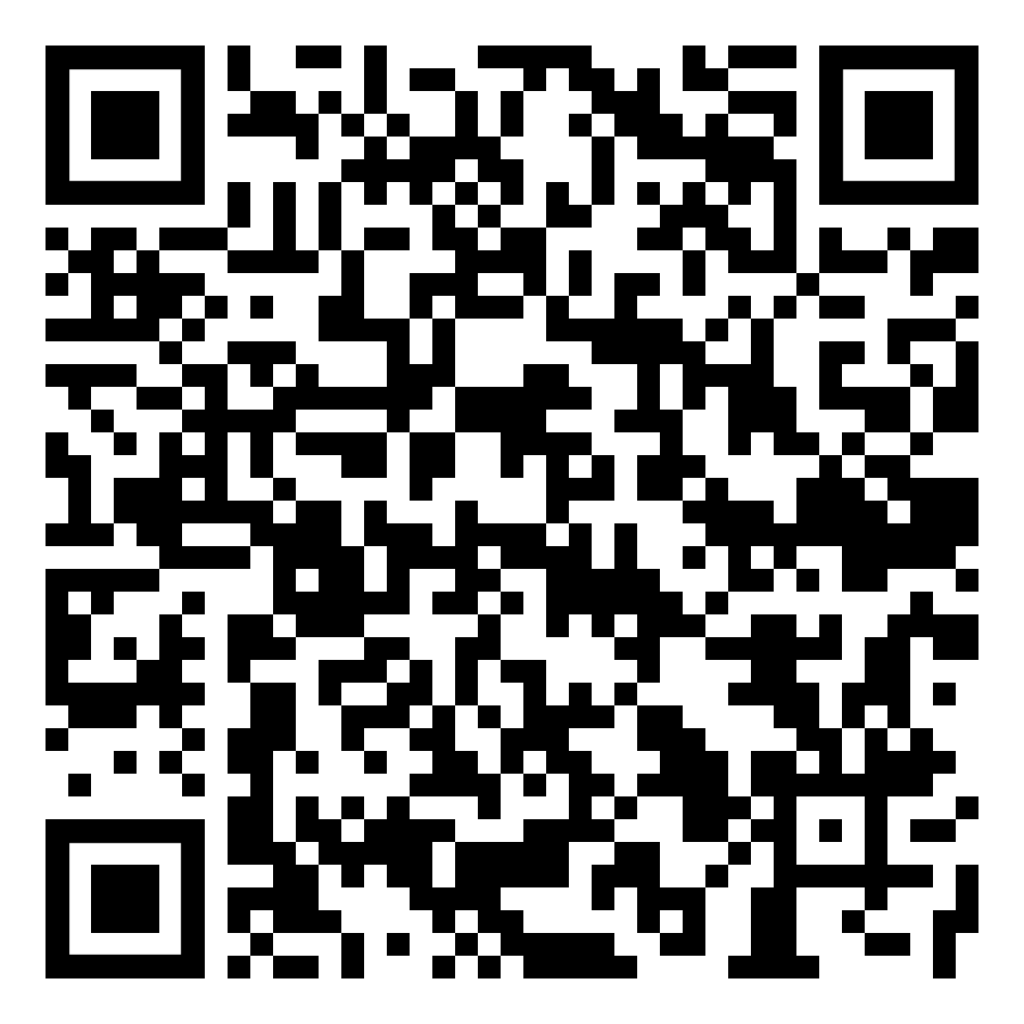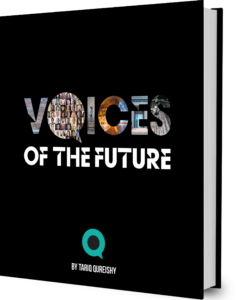Listening to Bernard Poulin, I’m struck by his narrative that encapsulates not just the essence of innovation and foresight but also a profound connection to the human spirit and our planet. Hailing from Canada, he shares his life’s tapestry woven with experiences from around the globe, embodying a passion for safeguarding our planet for future generations. His words resonate with a deep understanding of the intricate balance between human endeavor and the natural world.
In 1972, he founded the engineering and scientific integration company, the S.M. Group International (SMi), where he oversees a soil engineering laboratory. As its president and CEO, Bernard has grown the company into a multinational corporation composed of over 1,400 employees in more than 30 countries on five continents. Ranked as a top five engineering firm in Canada, SMi has matured into an asset management, project management, engineering and design, and systems and networks integration firm.

As we navigate the contours of his childhood, Bernard paints a vivid picture of his upbringing, marked by the rugged beauty of Canada’s wilderness and the guiding influence of his father. “My father was my role model for many reasons,” Bernard recalls. Starting work at 12 in a lumber camp and later becoming a barber, his father’s journey from rural Quebec to a respected lawyer showcased resilience and ambition. “He was my role model and mentor,” Bernard reminisces. This upbringing, steeped in wilderness adventures and early exposure to a wide range of influential individuals, including a future Prime Minister, shaped Bernard’s worldview. His father’s example demystified the path to success, teaching young Bernard the value of hard work and the importance of not being intimidated by high achievers.
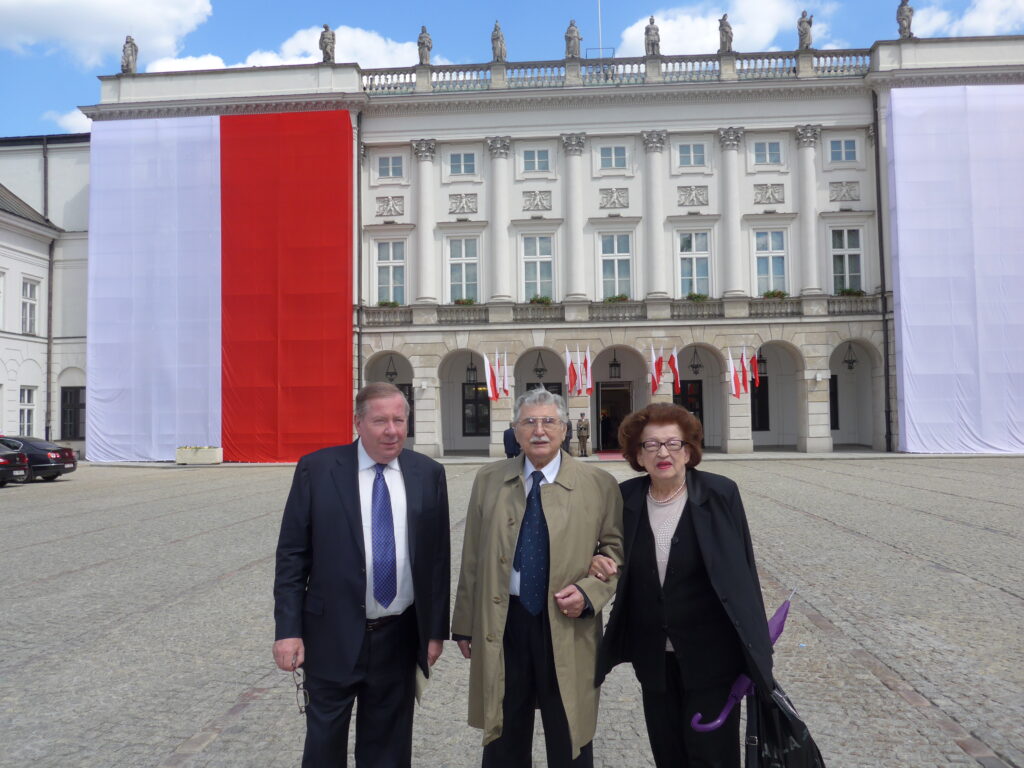
I wonder what was the moment that ignited Bernard onto the path he took to become the person he is today. He shares that moment with vivid clarity: “In my father’s office, a chance encounter with an engineer who was repairing a dam sparked my fascination with dams and the power of pursuing passions. This engineer imparted a life-changing piece of advice: success is inevitable when you love what you do. This philosophy became my guiding principle, shaping my career path. Despite my initial disinterest in mathematics, my curiosity and ambition drove me to become an engineer. However, I quickly realized my true calling lay in being a ‘technological manager,’ emphasizing the importance of being a generalist over a specialist.”
Bernard’s reflections on his formative years seamlessly transition into a discourse on the role of generalists in shaping the future. “There’s still a lack of that type of person today,” he muses, advocating for the Renaissance Man’s return in modern times. “One striking initial observation at the beginning of my career that still rings true today was the contrast between the US’s specialization culture and other regions’ need for versatile problem solvers. In places like Africa, the demand isn’t for hyper-specialized expertise but for individuals who can tackle a broad range of issues – linking problems in water, infrastructure, and more to find integrated solutions. Canada, with its smaller population compared to the US, naturally fosters a workforce skilled in multiple trades, enhancing its adaptability.” His perspective aligns perfectly with mine – and a recurring theme in this book: the necessity of multidisciplinary knowledge and the ability to connect dots in forging innovative pathways for the future.
Our dialogue naturally ventures into the realms of innovation and sustainability. For Bernard, technology is an enabler and a facilitator. My concern is that incentive structures in hypercapitalism are restructuring and reforming the world to suit their agendas. While technology is an enabler and accelerating exponentially, why would companies in, for example, oil and gas with $5 trillion investments move towards renewable structures? Only when doing business for good is as profitable as ‘dirty business’ will we see solutions to issues like climate change being universally accepted.
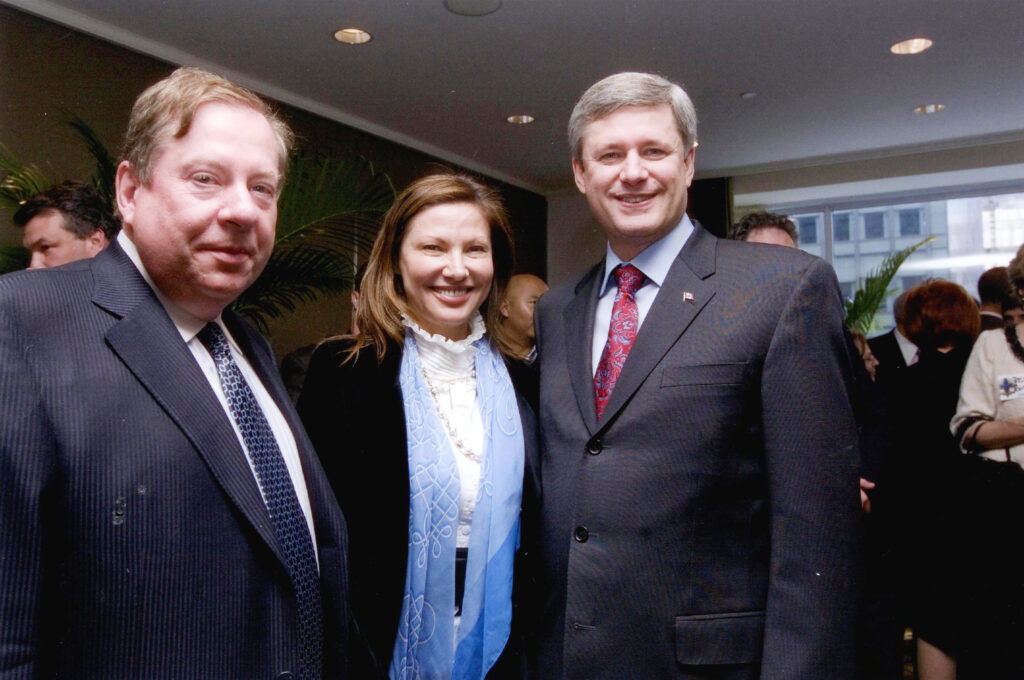
Bernard’s response is poignant: “The younger generations are better educated than the older generations running those companies and industries. However, they’ve bought this vision and challenge to save the planet. The technology exists today for people to save the planet and continue to live comfortably. It is about adopting a certain framework of management to supersede the distribution of technology in all aspects.”
I posit that the creation of global institutions, like the United Nations and the World Health Organization, was designed to address issues of that time. These institutions are ill-equipped for modern challenges such as climate change and technological evolution. This scenario calls for courageous, innovative action to adapt and address these pressing issues. “In some nations, the current political landscape doesn’t reflect the diverse leadership spectrum society needs,” Bernard states. “There’s a notable absence of professionals like engineers and scientists within the political framework. For instance, in Canada, there’s a trend where many retirees from public service transition into politics, primarily as a means to earn a second income. This situation suggests a need for a paradigm shift, where innovative thinkers like Elon Musk, dedicating even a fraction of their time to politics, could drive significant change. It underscores the urgency for integrating diverse professional expertise into the political system to address complex contemporary challenges effectively. It needs a better human response.”
That human response is the crux of my thesis. As technology advances, the essence of humanity becomes more crucial. This perspective emphasizes the need for increased love, compassion, kindness, generosity, ethics, trust, values, imagination, and creativity. These human qualities are what set us apart from technology. The question then arises: should we focus more on nurturing these softer, more human skills in a world that frequently prioritizes technological advancement? Bernard agrees: “We’ve got to go back to basics. A human being is a human being; technology must serve the human and not the human serving technology.
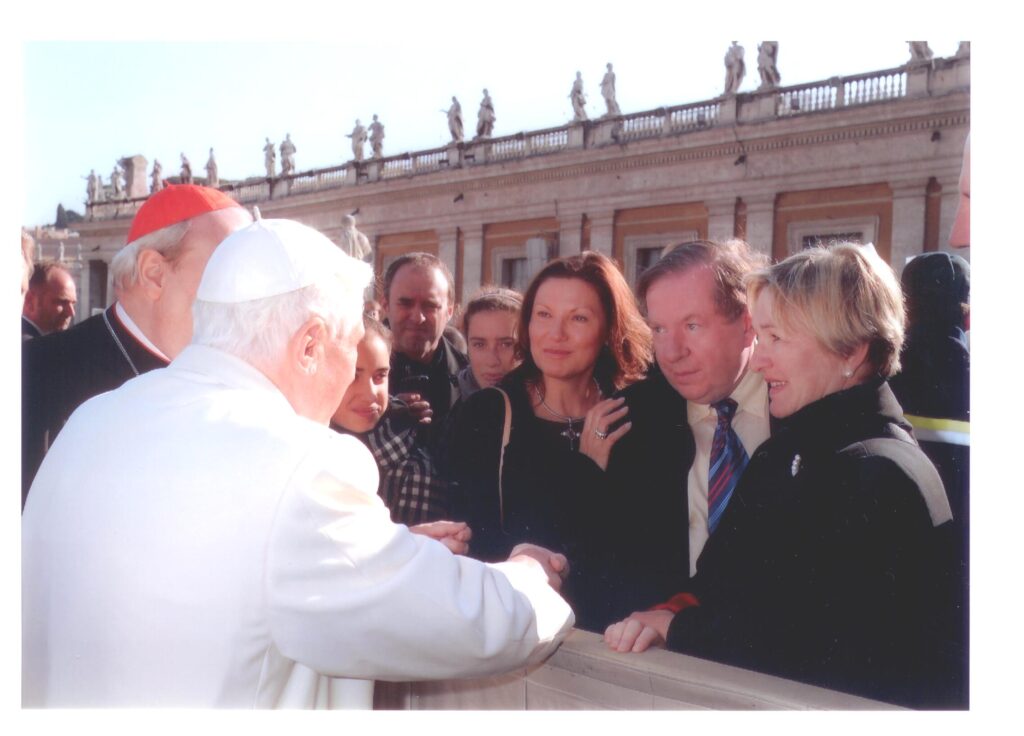
In order for that to happen, we must better understand the needs of humanity. How do we do that? We need to improve our education and better educate people on how to use technology to be more human-centric.”
In the future, trust will be paramount, alongside truth and ethics, with trust being the most critical. It’s become more valuable than ever across all sectors, where trust and ethics are foundational. The question is whether this emphasis on trust is correctly approached and fundamentally agreed upon. “I always use this phrase: people do what you inspect, not what you expect,” muses Bernard. “Technology will
become that validator and implementor of trust; blockchain is an enabler of trust. My belief is this: don’t forget humans are humans; trust is paramount; at the same time if there’s a shortcut possible, some humans will take it.”
I ask Bernard what message in a bottle he would leave for his children and grandchildren to discover in the future. His response is simple and profound: “Never give up, always keep learning, and live a wonderful life.”
Through this dialogue, Bernard’s vision for a future where technology, environmental stewardship, and human values converge to create a sustainable and thriving planet is vividly articulated. His narrative is a testament to the power of curiosity, the importance of multidisciplinary thinking, and the indomitable human spirit, guiding us toward a future where innovation and compassion go hand in hand.

“The younger generations are better educated than the older generations running those companies and industries.”
